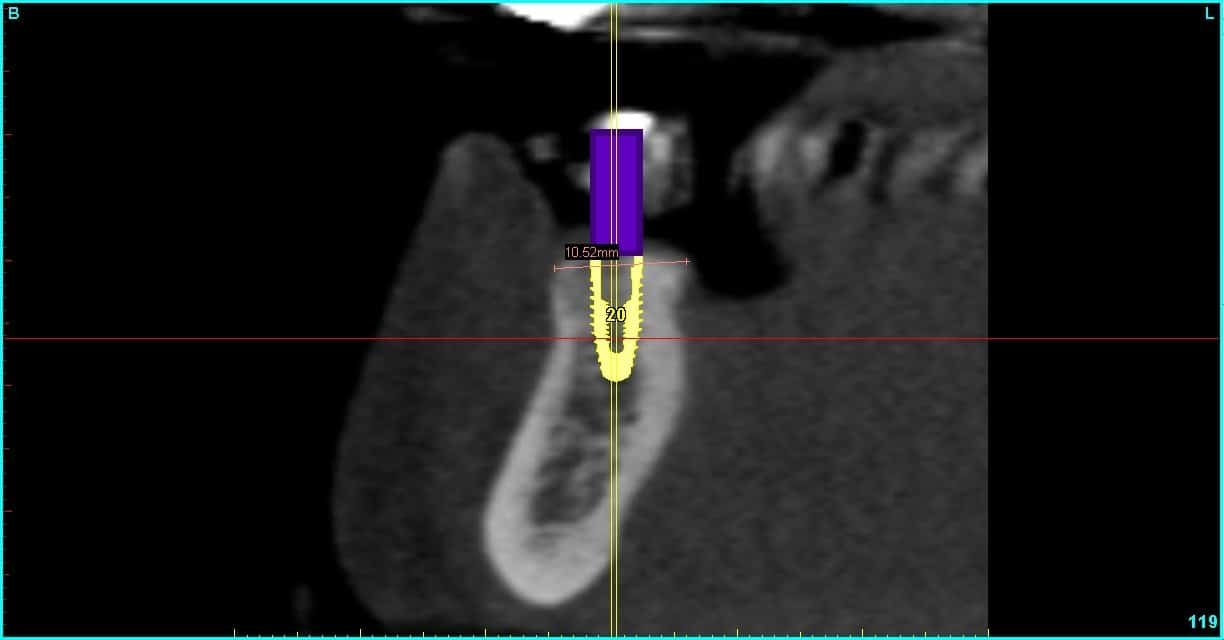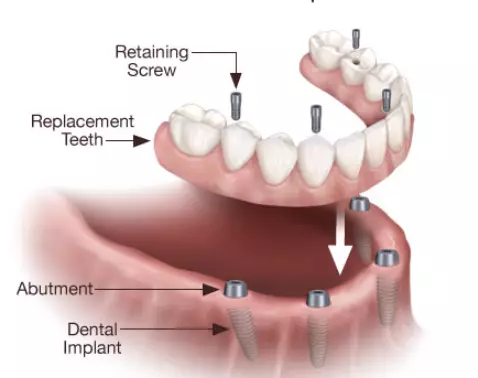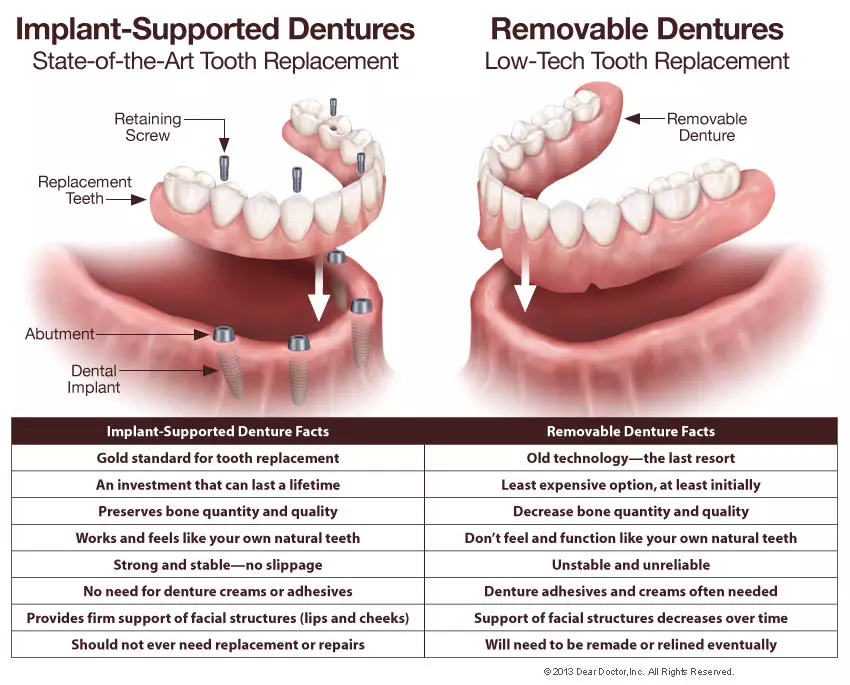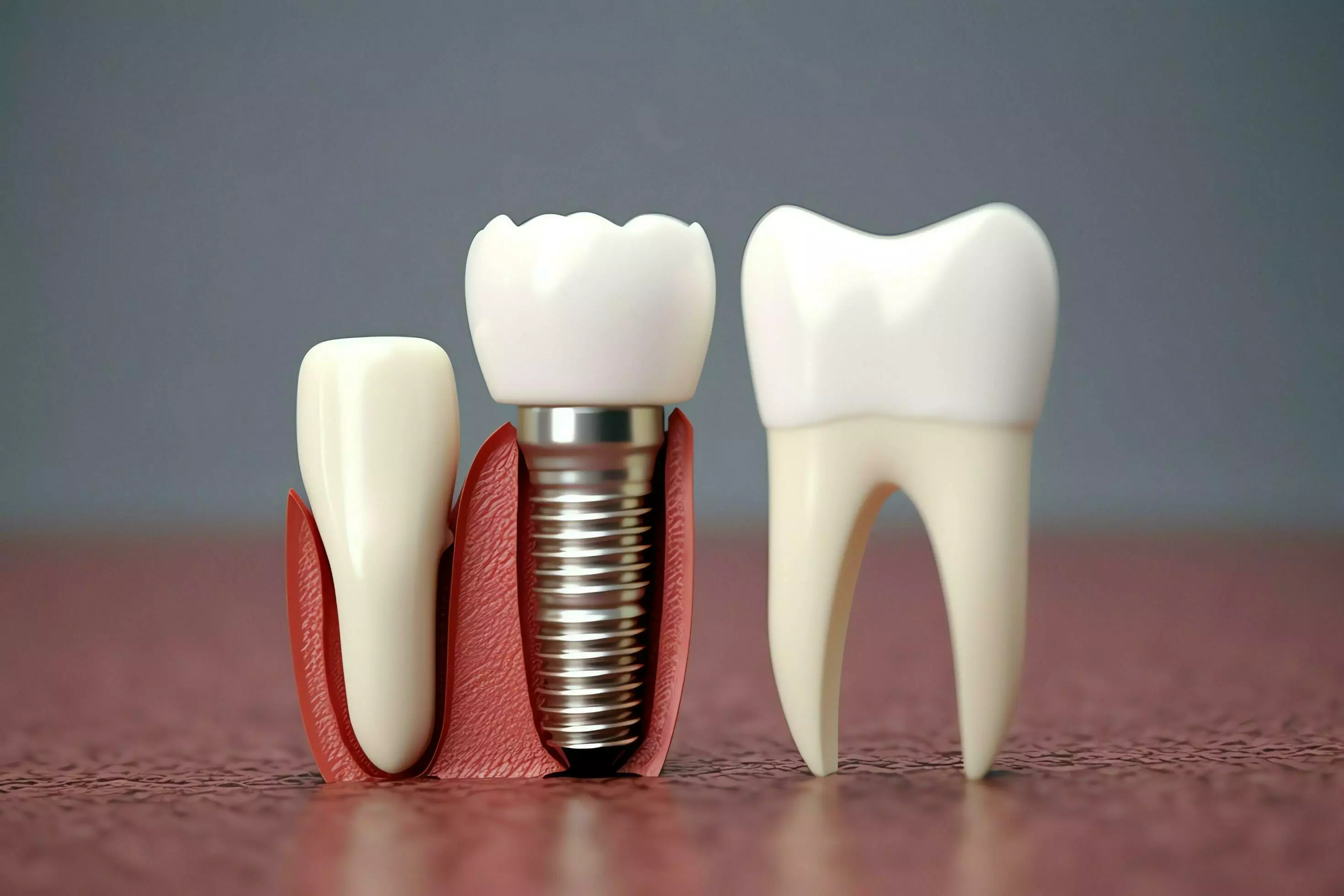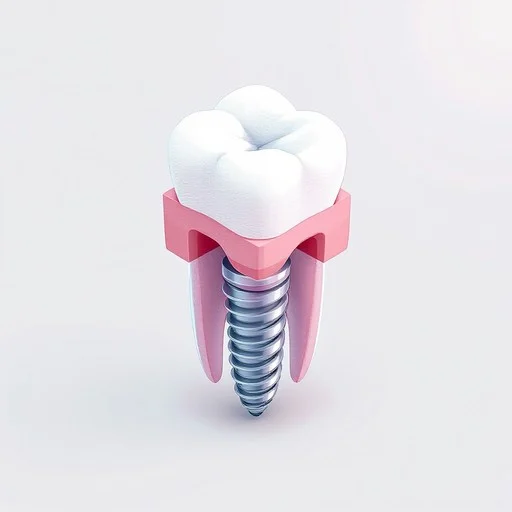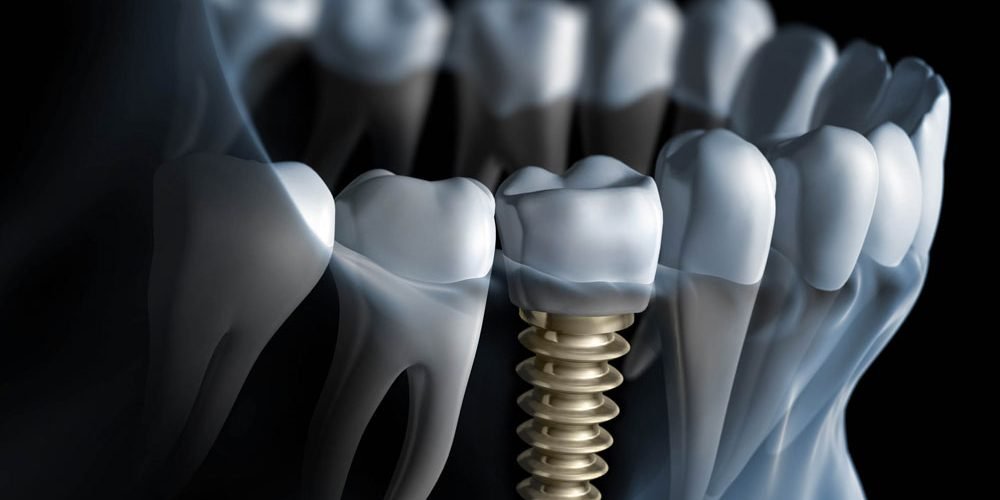The History of Dental Implants: From Ancient Roots to Modern Marvels
A Tooth Replacement Tale for the Ages
At Topeka Oral Surgery, we’re proud to offer dental implants—the gold standard for replacing missing teeth. But did you know this cutting-edge solution has roots (pun intended) stretching back thousands of years? Let’s take a quick trip through time to see how implants became the smile-savers they are today.
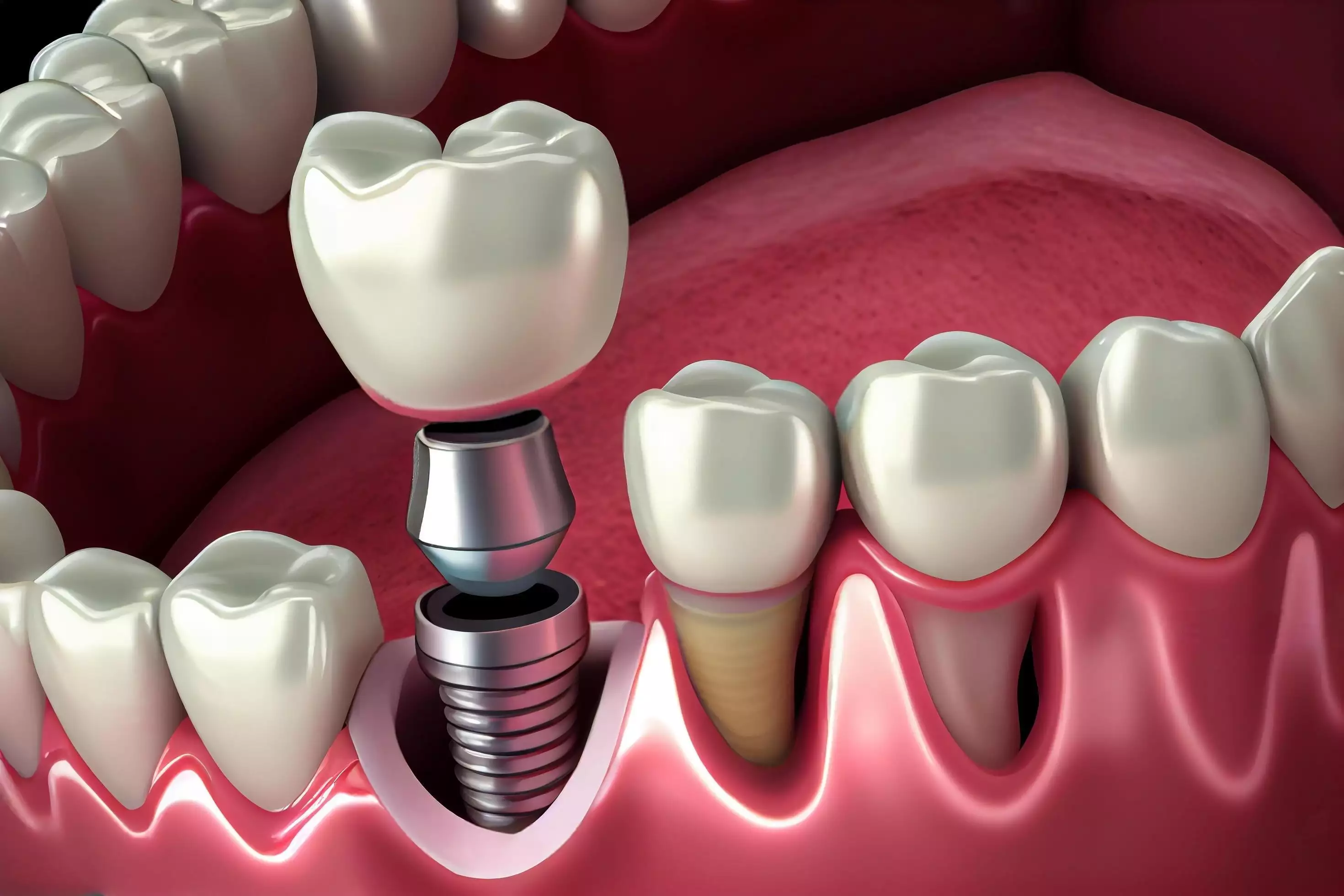
Ancient Beginnings
Around 2000 BCE, ancient Egyptians were already trying out early tooth replacements by shaping seashells like teeth and pushing them into the gums. That must have hurt! Around 1000 BCE, the Chinese used bamboo pegs for the same purpose. These early “implants” were more about looks than function, but they showed humans have long craved a fix for missing teeth.
A Mayan Milestone
By 600 CE, a Mayan woman’s skull was discovered with pieces of shell in her jaw. The shell had become part of the bone, showing it had been there for a long time. Sound familiar? That’s right—accidental osseointegration, the same process modern implants rely on. Talk about ahead of their time!
The Modern Leap
The big breakthrough happened in the 1950s when Dr. Per-Ingvar Brånemark, a Swedish bone doctor, found out that titanium could join with bone. His “oops” moment (he was studying bone healing, not teeth!) led to the first successful dental implant in 1965. From there, implants evolved into the sleek, reliable option we use today.
Why It Matters
Today’s implants at Topeka Oral Surgery are light-years beyond shells and bamboo—customized, durable, and designed to blend seamlessly with your smile. But that ancient drive to restore what’s lost? It’s still at the heart of what we do.
Step Into the Future
Ready to experience this modern marvel for yourself? Contact Topeka Oral Surgery to learn how implants can rewrite your smile’s story—no seashells required!
Request an Appointment
Appointment
Hours of Operation
Monday:
7:30AM - 4:00PM
Tuesday:
7:30AM - 4:00PM
Wednesday:
7:30AM - 4:00PM
Thursday:
7:30AM - 4:00PM
Friday:
7:30AM - 4:00PM
Saturday:
By Appointment
Sunday:
Closed
Monday - Friday:
7:30AM - 4:00PM
Saturday:
By Appointment
Sunday:
Closed

